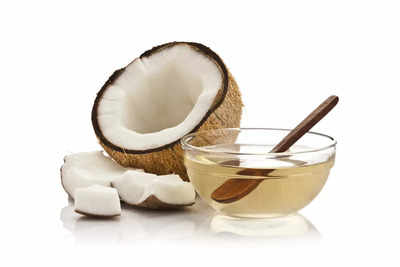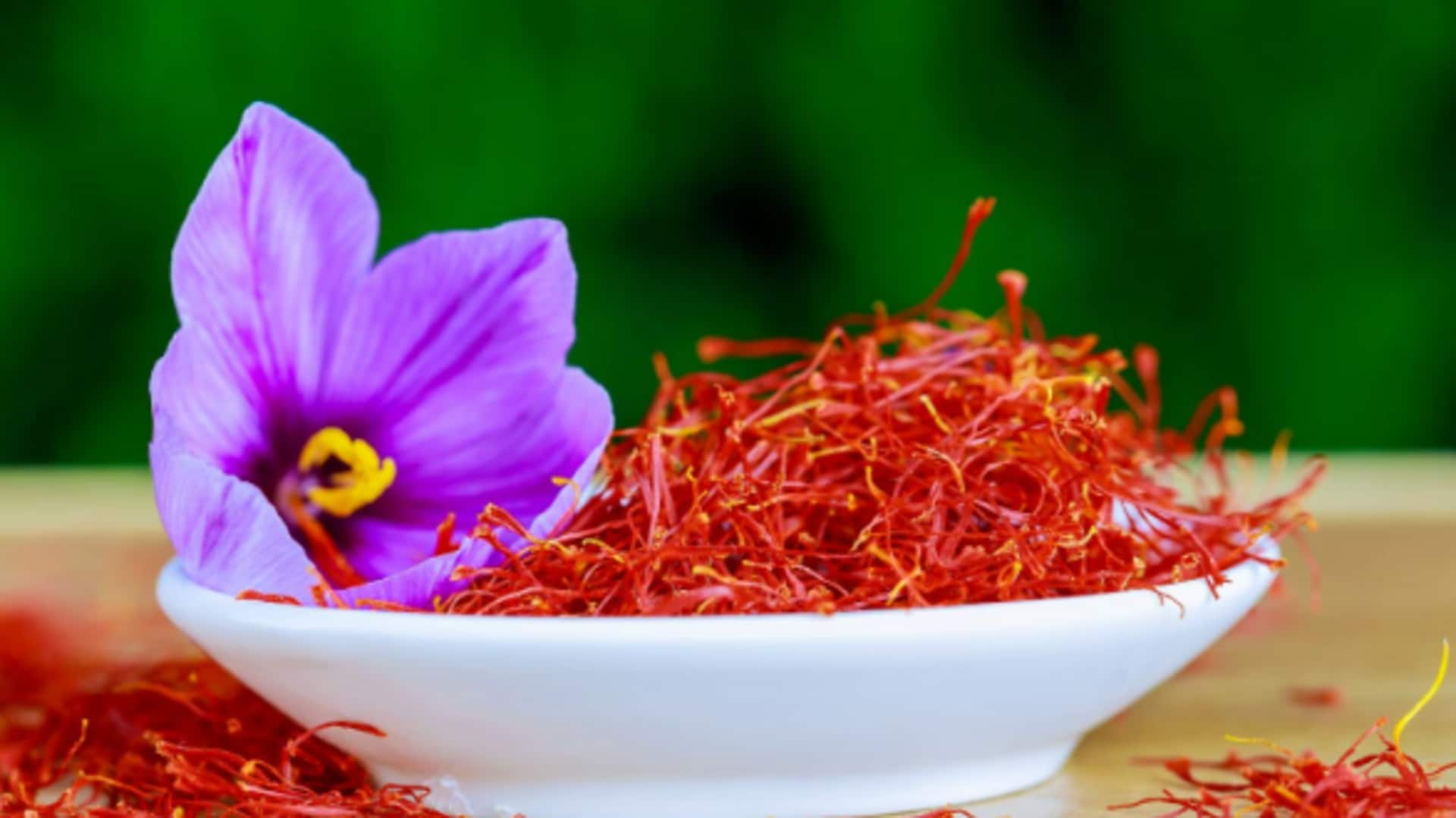Dandruff is a common scalp condition characterized by flaking, itching, and irritation, and it affects millions of people worldwide. Among various home remedies touted for treating dandruff, one popular method is adding camphor, or kapur, to coconut oil. This combination is often believed to offer relief from dandruff symptoms.
But is there any scientific basis to this claim, or is it merely a myth? Let's delve into the effectiveness of this remedy , examining the properties of both camphor and coconut oil , and exploring the science behind their use in dandruff treatment. Understanding dandruff Before exploring the remedy, it's important to understand dandruff. Dandruff occurs due to a combination of factors, including: Seborrheic dermatitis: A condition that causes an overproduction of sebum, leading to flaky, itchy skin.

Malassezia yeast: A fungus that naturally lives on the scalp but can cause irritation and flaking when it grows excessively. Dry skin: Lack of moisture can lead to dryness and flakiness. Sensitivity to hair products: Some people may develop dandruff due to sensitivity to certain hair care products.
Dandruff can be managed with proper hair care routines, medicated shampoos, and lifestyle changes. Now, let's examine the components of the proposed remedy: camphor and coconut oil. The role of coconut oil in hair care Coconut oil is widely known for its moisturizing and antimicrobial properties.
Here's how coconut oil contributes to hair health: Moisturization: Coconut oil is rich in fatty acids, which penetrate the hair shaft and provide deep conditioning. This helps in reducing dryness and flakiness on the scalp. Antimicrobial properties: Coconut oil contains lauric acid, which has antimicrobial and antifungal properties.
This can help in reducing the growth of fungi and bacteria that may contribute to dandruff. Nourishment: The vitamins and nutrients in coconut oil, such as vitamin E and K, nourish the scalp, promoting overall hair health. These properties make coconut oil a popular choice for treating various scalp issues, including dandruff.
However, its effectiveness may vary depending on the underlying cause of dandruff. The properties of camphor Camphor, derived from the wood of the camphor tree, has been used in traditional medicine for various purposes. It is known for: Antiseptic and antifungal properties: Camphor has been traditionally used for its antiseptic and antifungal properties, which can help in treating infections and reducing inflammation.
Cooling sensation: When applied topically, camphor provides a cooling effect, which can soothe itching and irritation on the scalp. Stimulating blood circulation: Camphor can stimulate blood flow to the scalp, promoting healthy hair growth. While camphor's properties suggest potential benefits for scalp health, there is limited scientific evidence specifically supporting its use for dandruff treatment.
Combining camphor and coconut oil The combination of camphor and coconut oil is often recommended for dandruff due to the synergistic effects of their properties. Here's how the mixture is thought to work: Enhanced moisturization: Coconut oil provides deep hydration to the scalp, while camphor's cooling effect can reduce itching and irritation. Antimicrobial action: Both coconut oil and camphor have antimicrobial properties that may help in controlling the growth of dandruff-causing fungi and bacteria.
Soothing effect: Camphor's cooling effect can soothe the scalp and reduce inflammation, complementing coconut oil's moisturizing benefits. Scientific evidence and expert opinions Despite the anecdotal evidence and traditional use of this remedy, scientific research specifically focusing on the combination of camphor and coconut oil for dandruff is limited. Most studies and clinical trials have examined the effects of coconut oil or camphor individually, rather than in combination.
Coconut oil: Numerous studies have shown the benefits of coconut oil for hair health. Research indicates that coconut oil can reduce protein loss, improve moisture retention, and possess antimicrobial properties that may help in managing dandruff. Camphor: While camphor is recognized for its antifungal and antiseptic properties, there is a lack of robust clinical evidence demonstrating its effectiveness specifically for dandruff.
Most research on camphor focuses on its use in treating respiratory conditions or as a topical analgesic. Dermatologists generally agree that while coconut oil can be beneficial for managing dandruff, the addition of camphor may not have a significant impact beyond the effects of coconut oil alone. It's important to consider individual responses to treatments, as what works for one person may not work for another.
Shana Wall Seeks Damages from American Airlines Following Injury from Plastic in Drink: Reports How to use camphor and coconut oil for dandruff If you're interested in trying this remedy, here’s a simple method to use camphor and coconut oil for dandruff: Prepare the mixture: Melt a small amount of camphor (around 1-2 grams) in a tablespoon of coconut oil. Ensure that the camphor is fully dissolved in the oil. Application: Gently massage the mixture into your scalp, focusing on areas with dandruff.
Leave it on for 30 minutes to an hour. Rinse: Wash your hair with a mild shampoo to remove the oil and any residue. The combination of camphor and coconut oil for treating dandruff is rooted in traditional practices and has some basis in the individual properties of these substances.
Coconut oil is well-regarded for its moisturizing and antimicrobial benefits, while camphor offers cooling and antiseptic effects. However, scientific evidence supporting the specific efficacy of this combination for dandruff is limited. For best results, consider using coconut oil as a standalone treatment or explore other proven dandruff remedies.
If you have persistent dandruff or scalp issues, consulting a dermatologist for a tailored treatment plan is advisable. While adding camphor to coconut oil may offer some benefits due to the properties of each ingredient, it is not a guaranteed or universally effective solution for dandruff. It’s always best to rely on evidence-based treatments and consult with a healthcare professional for persistent scalp conditions.
.



















